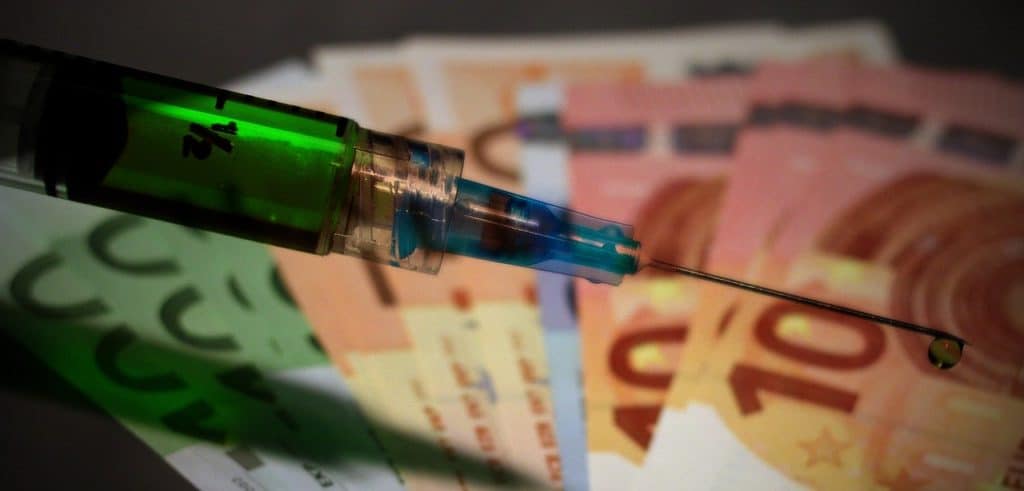The development of a potential vaccine continues throughout the world to put the pandemic to an end. However, Oxford COVID-19 vaccine failed to prevent infection on monkeys.
Vaccine Trials
A vaccine developed by researchers at Oxford University failed at monkey trials. However, the vaccine protected against pneumonia. The vaccine was tested on six rhesus macaque monkeys. They were exposed to the novel coronavirus 28 days later. Also, the researchers infected three non-vaccinated monkeys for comparisons.
Results
Following the injections of the Oxford vaccine, the researchers monitored monkeys for seven days to check for the virus. They found that the vaccinated animals developed virus-specific neutralising antibodies. However, they had SARS-CoV-19 in their respiratory tracts. Not only this, but all the monkeys shed the same level of the virus as they had a similar level of virus genome detected in the noses. However, the researchers noted that the vaccinated monkey had less viral loads. Also, autopsies of monkeys revealed no presence of inflammatory disease in their lung tissues.
Oxford university started its human clinical trials on 23rd May. Until 13th of May 2020 more than 1000 people had volunteered for the clinical trials.
Expert says
Jonathan Ball, a professor of molecular virology at the University of Nottingham, finds the outcome encouraging for pneumonia. However, he said that if the same thing occurs in humans, then they can continue to shed a large amount of virus. Eleanor Riley, professor at the University of Edinburgh, stated that the vaccine produced a low amount of neutralizing antibodies.
UK government planned to be the first providing vaccine
In an announcement, the UK government declared that it would be the first country to roll out 30 million doses of a Covid-19 vaccine as early as possible. Oxford University had entered an in-licensing agreement with AstraZeneca, a pharmaceutical giant that would help in the global distribution of the vaccine.
In all, the vaccine may provide partial protection but it would not reduce transmission of COVID-19 at all.

